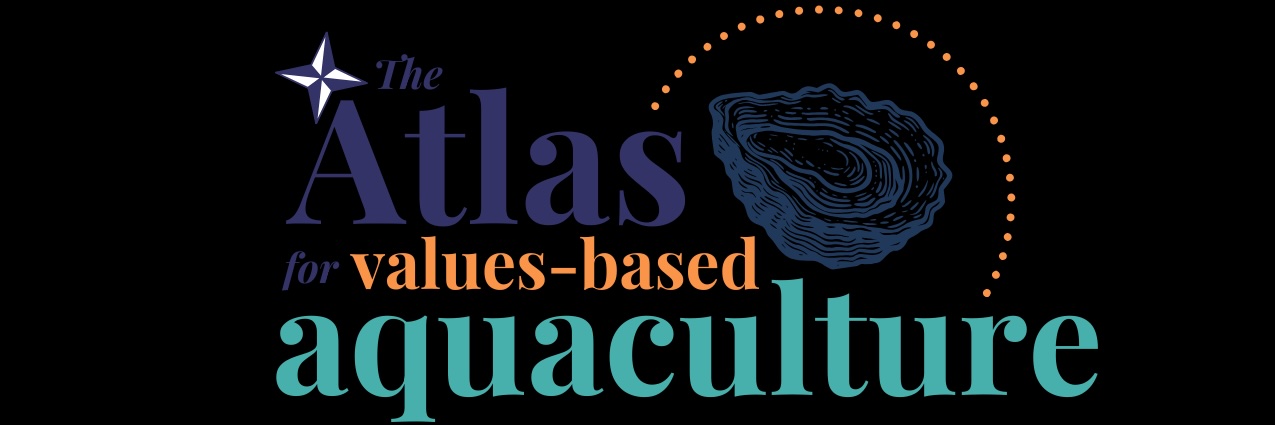
Atlas for Values-Based Aquaculture Survey |
Aquaculture Atlas: a new resource to advance values-based aquaculture
The North American Marine Alliance (NAMA) is working with allies to develop an Aquaculture Atlas – a digital platform to help aquaculture practitioners, policymakers, researchers, chefs, and others advance sustainably and ethically farmed seafood and other aquatic food products.
Aquaculture – the practice of growing aquatic plants, and animals in water, on land and at sea – comes in many forms. At its best, aquaculture can be a sustaining bedrock for our local communities, economies, and food systems. At its worst, akin to factory farming, aquaculture damages ecosystems, displaces communities, and undermines local economies.
This resource will help advance “values-based” aquaculture, which is based on the eight principles of NAMA’s aquaculture visioning project, namely that the practice of aquaculture is equitable from source to table, supporting and respecting local communities, healthy ecosystems, and traditional knowledge, while producing the fish, seafood and other products we need.
We envision the Atlas will be a dynamic, community-driven resource with content and information that different values-based aquaculture advocates and practitioners need, such as policy resources, maps, science libraries, media toolkits and more.
We want to be sure the Atlas serves you and your community's needs. To do that, we need your input.
Please take a few minutes and tell us what you need to advance values-based aquaculture in the work that you do. Thank you! Questions? Contact: info@aquacultureatlas.org
Aquaculture – the practice of growing aquatic plants, and animals in water, on land and at sea – comes in many forms. At its best, aquaculture can be a sustaining bedrock for our local communities, economies, and food systems. At its worst, akin to factory farming, aquaculture damages ecosystems, displaces communities, and undermines local economies.
This resource will help advance “values-based” aquaculture, which is based on the eight principles of NAMA’s aquaculture visioning project, namely that the practice of aquaculture is equitable from source to table, supporting and respecting local communities, healthy ecosystems, and traditional knowledge, while producing the fish, seafood and other products we need.
We envision the Atlas will be a dynamic, community-driven resource with content and information that different values-based aquaculture advocates and practitioners need, such as policy resources, maps, science libraries, media toolkits and more.
We want to be sure the Atlas serves you and your community's needs. To do that, we need your input.
Please take a few minutes and tell us what you need to advance values-based aquaculture in the work that you do. Thank you! Questions? Contact: info@aquacultureatlas.org
Completing the survey qualifies you to enter into a prize drawing for a $500 gift card. See contest rules for details.
Visit us on our ATLAS landing page to see what we're up to!